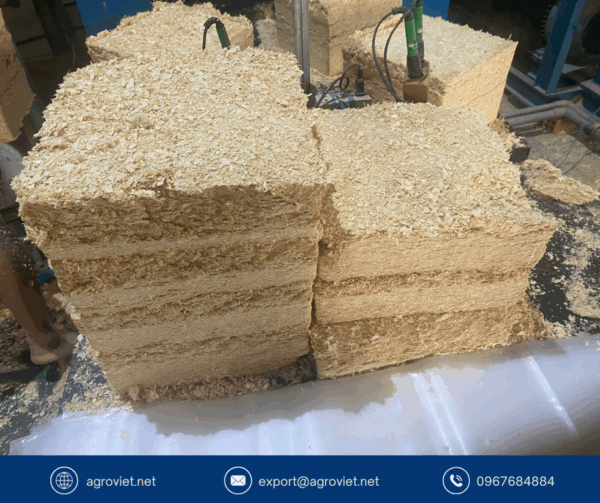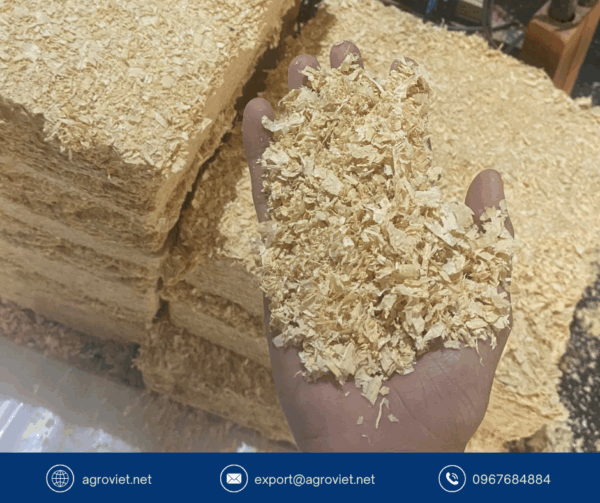Chickens are prone to respiratory issues due to their sensitive respiratory systems, which differ significantly from mammals. Unlike humans, chickens lack a diaphragm and rely on rib cage and breastbone movement to breathe, making them vulnerable to environmental irritants. Common respiratory problems, such as wheezing, coughing, sneezing, and watery eyes, can stem from dust, mold, or poor coop conditions. Using wood shavings as bedding is a popular choice for many poultry keepers, but improper management can exacerbate respiratory issues. This article explores how to use wood shavings effectively to promote respiratory health in chickens, supported by practical tips and a case study.

Why Respiratory Health Matters in Chickens
Respiratory diseases are among the most common health issues in chickens, often triggered by environmental factors like dust or ammonia buildup. Conditions such as Chronic Respiratory Disease (CRD), gapeworm, or aspergillosis can lead to symptoms like wheezing, lethargy, and reduced egg production. According to poultry health experts, maintaining a clean and low-dust environment is critical to preventing these issues. Wood shavings, when chosen and managed correctly, can help create a healthier coop environment by controlling moisture and reducing ammonia.
The Role of Bedding in Chicken Health
Bedding is essential for managing chicken waste, controlling odors, and ensuring comfort. Wood shavings are widely used due to their affordability, absorbency, and availability. However, not all wood shavings are safe. For instance, cedar shavings release aromatic oils that can irritate chickens’ lungs, leading to respiratory distress. Pine shavings, particularly kiln-dried ones, are a safer and more effective option, as they minimize dust and provide good insulation.
Watch more: https://youtu.be/SdzLLlxSL4U?si=YyUpUw3Nrvk9yTH4
Benefits of Wood Shavings for Coop Bedding
Wood shavings, especially pine, offer several advantages for chicken coops. They are highly absorbent, reducing moisture that can foster mold and bacteria. Their pleasant smell helps control ammonia odors from droppings, which can otherwise cause respiratory damage. Additionally, wood shavings are cost-effective and easy to store, making them practical for both small backyard flocks and larger operations. Choosing large-flake, dust-extracted shavings further reduces airborne particles that could irritate chickens’ lungs.

Risks of Improper Bedding Management
While wood shavings are beneficial, poor management can lead to health risks. Fine sawdust, for example, is too dusty and can cause respiratory irritation, especially in young chicks with sensitive systems. Damp or moldy bedding can harbor fungi like Aspergillus fumigatus, which causes aspergillosis, a severe respiratory infection. Overcrowded coops or infrequent cleaning can also increase dust and ammonia levels, exacerbating respiratory issues.
Choosing the Right Wood Shavings
Not all wood shavings are created equal. Pine shavings are the top choice for poultry bedding due to their safety and absorbency. Avoid cedar shavings, as their oils and fumes can harm chickens’ respiratory systems and livers. Opt for kiln-dried pine shavings with large flakes to minimize dust. Ensure the shavings are free from contaminants like pesticides, which could be present in recycled wood. Always check with suppliers to confirm the wood type and quality.
Maintaining a Clean Coop Environment
Regular coop maintenance is key to preventing respiratory issues. Clean the coop weekly by removing droppings and wet bedding, and stir the shavings to promote aeration and composting. Replace all bedding every 3-4 months, or sooner if you notice ammonia odors or mold. A 5-inch layer of fresh pine shavings provides optimal absorbency and comfort. Use natural cleaners like vinegar to avoid chemical residues that could irritate chickens’ lungs.
Ventilation: A Critical Factor
Proper ventilation is essential for reducing dust and ammonia in the coop. Ensure your coop has windows or vents to allow fresh air circulation without creating drafts. This helps disperse dust particles from wood shavings and prevents moisture buildup. In winter, maintain ventilation while insulating the coop to protect chickens from cold stress, which can weaken their immune systems and make them more susceptible to respiratory issues.
Natural Remedies for Respiratory Support
Incorporating natural remedies can bolster chickens’ respiratory health. Herbs like oregano, garlic, and turmeric have antibacterial and immune-boosting properties. Adding a few drops of VetRx, a natural poultry remedy, to drinking water can help alleviate mild respiratory symptoms. Offer fresh herbs in the coop or mix dried ones into feed to support overall health. Always consult a veterinarian for persistent or severe symptoms.
Case Study: A Backyard Flock’s Turnaround
Meet Sarah, a backyard chicken keeper in rural Ohio with a flock of 12 hens. She noticed her chickens wheezing and sneezing after switching to cedar shavings to save costs. Suspecting respiratory issues, Sarah consulted a local vet, who advised replacing the cedar with kiln-dried pine shavings. She also began cleaning the coop weekly, stirring the bedding, and adding vents for better airflow. Within two weeks, the wheezing stopped, and her hens were more active. Sarah now uses pine shavings exclusively and adds oregano to their feed, keeping her flock healthy and productive.

Additional Tips for Respiratory Health
Beyond bedding, other factors influence respiratory health. Avoid overcrowding to reduce stress, which can exacerbate symptoms. Quarantine new birds for at least two weeks to prevent introducing diseases like CRD. Provide a balanced diet with vitamins to strengthen immunity. Monitor for signs of distress, such as coughing or lethargy, and act quickly by isolating affected birds and consulting a vet. Regular outdoor time in fresh air also promotes respiratory wellness.
Alternative Bedding Options
While pine shavings are excellent, other bedding materials can complement or replace them. Hemp bedding is highly absorbent and low-dust, lasting up to 6-8 weeks. Straw is cost-effective but less absorbent and may need frequent replacement. Coarse construction sand is another option, offering excellent drainage and low dust, though it’s heavier and not compostable. Avoid fine sand or cat litter, as they can cause respiratory irritation or toxicity.
The Importance of Monitoring Bedding Moisture
Moisture control is critical for respiratory health. Wet bedding can lead to ammonia buildup and mold growth, both harmful to chickens. Test bedding moisture by squeezing a handful; it should crumble easily without clumping. If it’s too wet, replace it immediately. Wood shavings’ absorbency helps maintain a dry coop, but regular checks are essential, especially in humid climates or during rainy seasons.
Composting Used Bedding Safely
Used wood shavings can be composted for garden use, but proper management is crucial to avoid spreading pathogens. Build a compost pile with a base of fresh shavings and turn it regularly to reach 140-150°F, killing harmful microbes. Ensure the pile stays damp but not soggy. Composting not only recycles bedding but also reduces waste, making it an eco-friendly option for poultry keepers.
When to Seek Veterinary Help
If respiratory symptoms persist despite a clean coop and proper bedding, consult a veterinarian. Signs like severe wheezing, swollen eyes, or reduced egg production may indicate serious conditions like CRD or gapeworm. Vets may prescribe antibiotics or de-wormers, but natural remedies can be tried first for mild cases. Early intervention is critical to prevent disease spread within the flock.
Conclusion
Preventing respiratory issues in chickens starts with choosing the right bedding and maintaining a clean, well-ventilated coop. Kiln-dried pine shavings are an excellent choice for their absorbency and low dust, but they must be managed carefully to avoid moisture and mold. By combining proper bedding practices with good ventilation, a balanced diet, and natural remedies, poultry keepers can ensure their flocks thrive. Regular monitoring and quick action at the first sign of respiratory distress will keep your chickens healthy and happy, ensuring a productive flock for years to come.
Read more: https://vietnambestwood.com/general/clean-ordor-free-wood-shavings/
